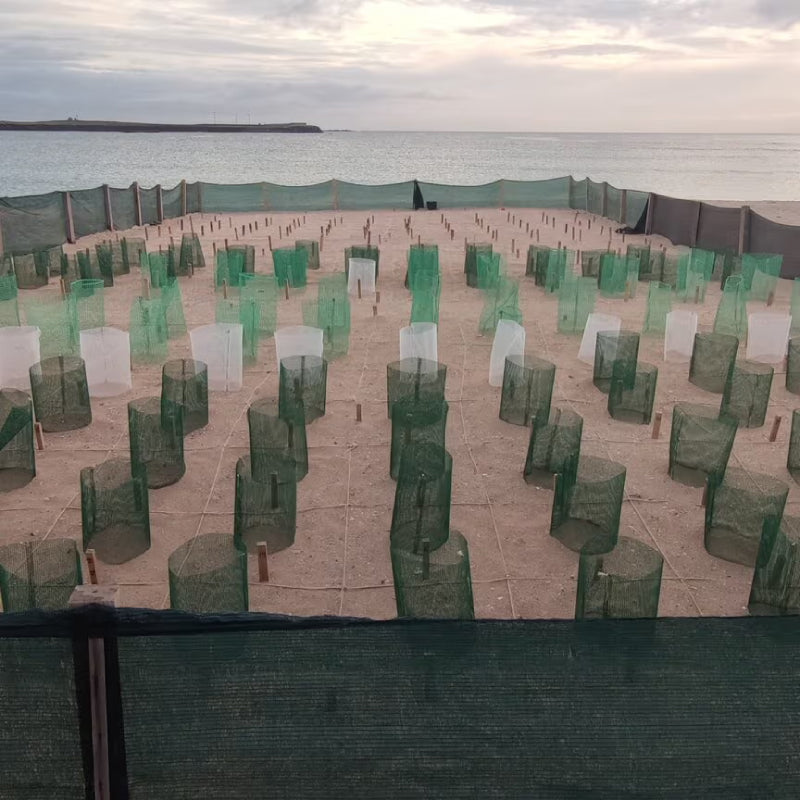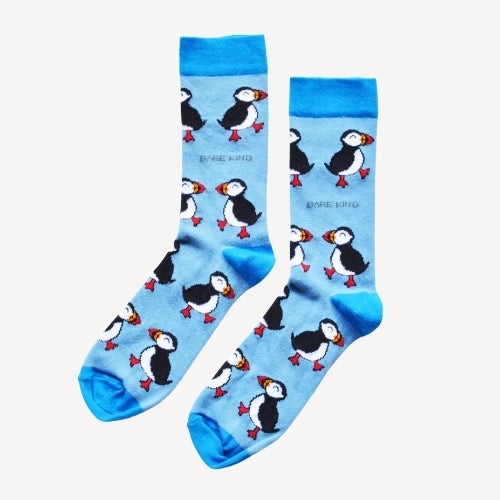
Save the Lobsters with the National Lobster Hatchery

The European lobster is an invertebrate belonging to the subphylum Crustacea, along with crabs, krill, barnacles and woodlice.
The European lobster can be found in the eastern North Atlantic waters, all the way from arctic Norway down to Morocco. They can also be found in the Mediterranean and western Black Sea.
Lobsters are rarely found deeper than 50m and are often on rock or compressed mud.
These lobsters have two large claws; one is large and blunt designed for crushing whilst the other is sharper and slightly smaller being used for slicing.
Lobsters grow in a very interesting way; they moult their hard exoskeleton by absorbing water and expanding through their outer exoskeleton. They can then harden their new exoskeleton to their increased size.

The European lobster is listed at vulnerable by the IUCN and their population is continuingly declining. Lobsters are very important both socially & economically and even in the UK the lobster is the most valuable fish caught and is a huge part of the UK’s export industry. The European lobster is worth over £40 million each year and many UK coastal communities have come to rely on them.
Lobsters are being dramatically impacted by major over-exploitation with over 75% of the world’s major fisheries being either: fully exploited, over-exploited, depleted or recovering.
As with most of the world’s animals, lobsters are also being impacted by climate change as their survival rates are being threatened by changes to water quality and temperatures.

The National Lobster Hatchery, based in Padstow, Cornwall plays a crucial role in the conservation and sustainability of lobster populations. They have a raise and release stock enhancement program and work alongside sustainability focused local fisherman, pushing for fishing practices to not over-exploit their populations.
The fantastic work of The National Lobster Hatchery has increased the survival rate by 1000%, even with only 1 in every 20,000 juvenile lobsters surviving in the wild.
The National Lobster Hatchery also have a focus on educating the local community, they have a centre in Padstow which is open all year round to engage and educate visitors on marine conservation, sustainability and the lobster itself.
We donate 10% of profits from your lobster socks to
Save the Lobster Small Motif Bamboo Socks
Share








Our Philosophy
Restoring the biodiversity of our planet and its varied species is at the core of Bare Kind’s mission. By donating 10% of gross profits to charities that support the animals on our socks, we can continue fighting the fight against species extinction.
Bare Kind has been able to achieve an all-time high of donations in recent years. The business expanded its sock range to 40+ pairs and supports 35+ charities.
Our Charity Impact Reports highlight the projects we have been able to fund with our charity partners and the incredible animals we support.
Our hope is that something as humble as a pair of socks can make a lasting impression on our world and change it for the better. A huge thank you goes out to all our customers who have wanted to make a difference and empower the restoration of our planet with their socks.



